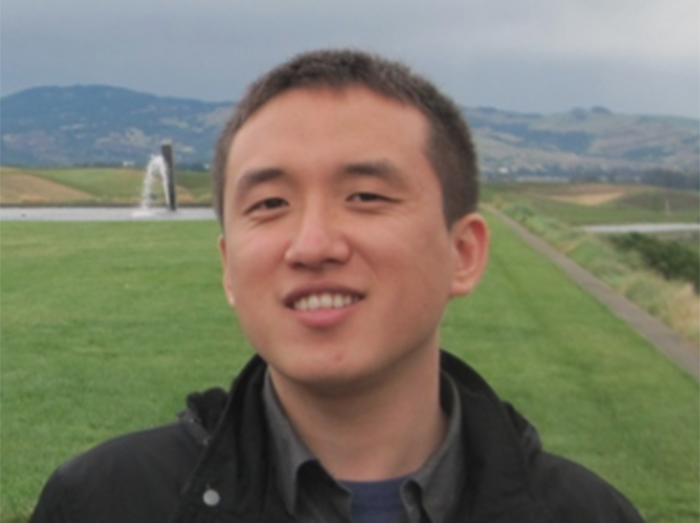We’re taking time over the following weeks to get to know the members of the GSA’s Early Career Scientist Committees. Join us every week to learn more about our early career scientist advocates.

Zhiji Ren
Career Development Subcommittee
Rockefeller University
Research Interest:
Over billions of years, organisms have evolved intricate mechanisms to control various biological processes, including development, differentiation, and immune response. Recently, a group of factors known as noncoding RNAs has been found to play significant roles in regulating many of these processes. Noncoding RNAs do not encode any protein, but they can exert large-scale changes in gene expression to control normal biological processes and disease progression. I am eager to understand the various modes of gene expression regulation managed by noncoding RNAs.
Currently, I am working to understand the biogenesis and functional roles of tRNA-derived RNA fragments (tRFs), which are normal tRNAs that have been specifically cleaved by ribonucleases. These noncoding RNAs are found in organisms from bacteria to humans—which suggests they are doing something important. In fact, while they are normally found at very low levels, they are often upregulated under stress conditions and during disease progression. I study a group of these RNA fragments that have been found to respond to hypoxia and inhibit the progression of breast cancer. During my work, I have discovered similar tRFs are present in the model organism Caenorhabditis elegans. I am using this powerful organism to help us understand how tRFs are generated and regulated, with the goal of uncovering novel regulators of cancer progression.
As a PhD-trained scientist, you have many career options. What career paths interest you the most?
In general, I am interested in career paths that will allow me to maximize the impact of science on our society. As a scientist, I am driven by my curiosity to understand how biological systems work, so I would love to work as an independent investigator in academia. Most biological and pathological processes are extremely conserved, which allows us to use model organisms to study complex questions related to human disease. For instance, work by Dr. Susan Lindquist on protein folding beautifully demonstrated that model organisms like yeast and C. elegans are fantastic at identifying regulators of numerous complex diseases including cancer and neurodegeneration. I want to use C. elegans with the goal of identifying novel therapeutic targets for human disease processes, with a focus on noncoding RNAs and cancer.
In addition to your research, how else do you want to advance the scientific enterprise?
I think it is very important to bring scientists in different stages of their careers together to share ideas and struggles, allowing young scientists to learn and grow and bettering the community as a whole. As a foreigner coming to the United States for a better education, I find that there have been many challenges along the way. One of most difficult ones is to decide on a career path to follow. Since I moved to New York, I realized that there are so many opportunities and career options for a PhD-trained scientist. However, to figure out which career path is the best fit, it is imperative to gain a comprehensive understanding of that career path through networking. Therefore, I would love to help early career scientists achieve their career goals by connecting them with people from different backgrounds, career paths, and career stages.
As a leader within the Genetics Society of America, what do you hope to accomplish?
Being part of the early career scientist leadership program in GSA, I hope that I can help raise awareness of different career opportunities available to early career scientists to assist them in choosing their career paths. Specifically, I will be working on an interview series featuring PhD-trained scientists working in various career paths, from academic research to business development. These interviews will be very informative for scientists and will hopefully help them find the best career fit—along with providing them suggestions on how to achieve that goal.
Previous leadership experience:
Organizer — RNA club, RNA Therapeutics Institute, University of Massachusetts Medical School































